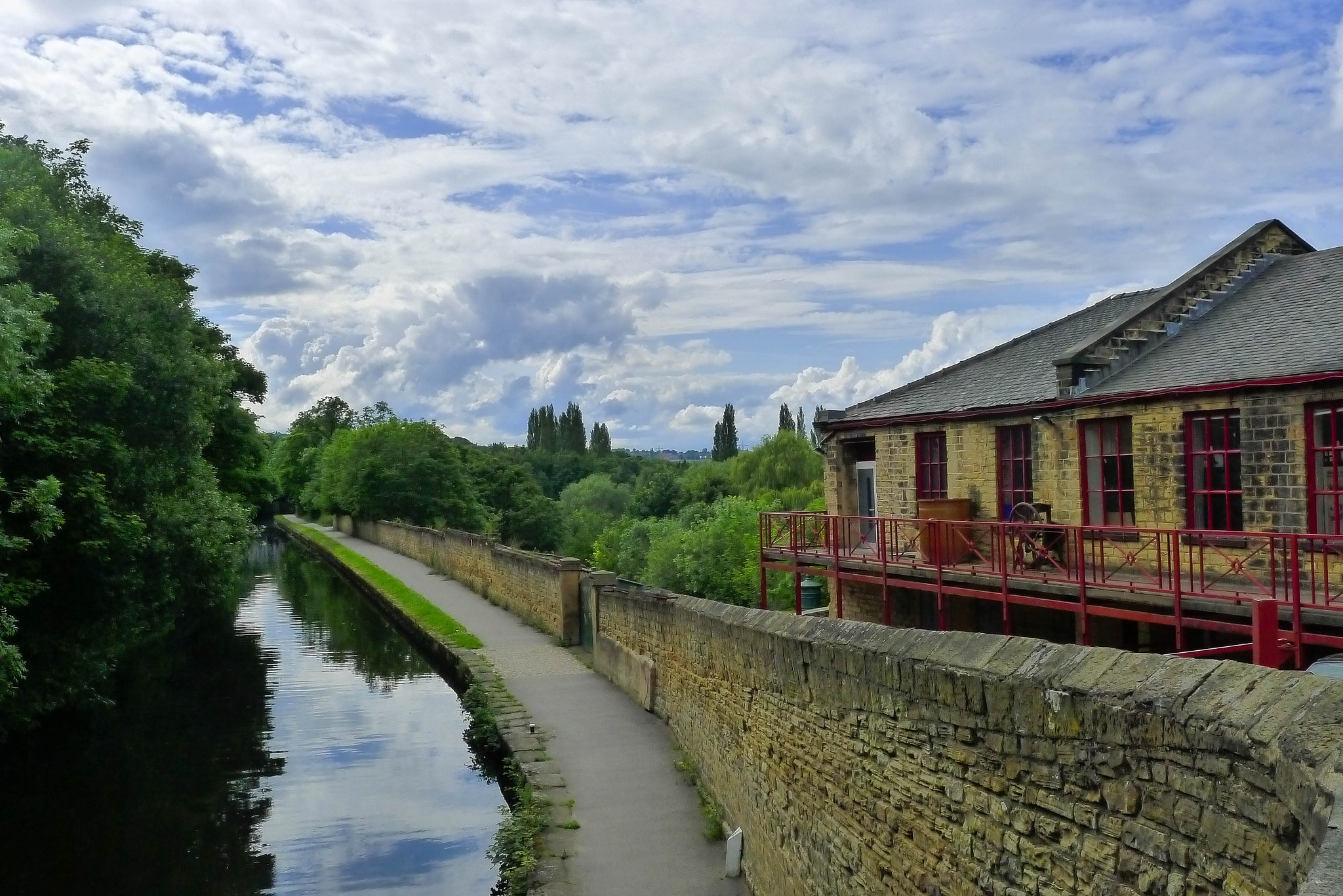Lords Reform: Time for a Senate of the modern age?
The House of Lords is a bag of balls. We know this – you’d be hard-pressed to find anyone other than a foaming traditionalist who believes that having almost two-thirds of our country’s lawmakers being appointed, rather than elected, is a good idea. The recent news about the latest bill for Lords Reform — the latest in a line of small-scale tweaks — is the most exciting yet because it promises a large proportion of the seats to be democratically elected. But do we need another set of politicians elected the same way as the Commons? Will the public even understand why they’re voting for two different representatives? Will they care? It’s hard enough to get people to turn out for elections when they’re only voting for one. In...
Dr Richard Stallman — For a Free Digital Society
You know what they say about coming face to face with your heroes. It’s all true; at least in this case. As a die-hard ultra-liberal by persuasion and a software engineer by trade, it stands to reason that my ideologies lie somewhere in the free software movement. Imagine my delight when I discovered that none other than the movement’s founder, Dr Richard Stallman, was coming to give a lecture to the people of Leeds. Dr Stallman’s lecture title was “For a Free Digital Society” and the subject matter was about protecting our freedom in a world where things like surveillance and restrictions on ownership of content are easy for governments and megacorps to implement. Great: so far, so good. Those are things I’m worried about too...
“Gay” quarter
There’s a bit of buzz amongst the Leeds Twitterati about a proposal to designate a region of Leeds city centre as the “gay quarter”. Aside from the interesting discussion about politics and about whether singling out an area in this way is a good thing, which is all very interesting, I’d like to draw attention to the proposed name itself. Inclusive, tolerant, regions of cities in this country have historically found themselves labelled with the adjective gay, but in my opinion this is a dangerous and divisive anachronism. The term gay, when applied to a person, refers to a specific type of marginalized sexual minority: specifically, someone who is exclusively or primarily homosexual. In modern times, the term LGBT is preferred as more...
Legislating morality
In the aftermath of the horrendous wave of crime that spread across many cities in Britain last week, we are starting to see something even more despicable: the ever-present threat of “morality legislation”. I know lots of people have written about the government’s response to the riots and I’m a little nervous about joining the crowd, but I feel I need to add my voice to the clamour. In a speech on 10th August, our nation’s leader said this: The problem with that is a complete lack of responsibility. A lack of proper parenting, a lack of proper upbringing, a lack of proper ethics, a lack of proper morals. That is what we need to change. Mr Cameron, I say this: How dare you? How dare you dictate to me or the other people in my...
The spectre of Section 28
You may have heard today that a school has successfully destroyed plans for a new opera, Beached, written by Lee Hall of Billy Elliot fame. Their claim is that the lead character being clearly homosexual is “inappropriate” for the 300 primary-age children taking part in the performance, and organizers Opera North have supported the school in this decision. Regular readers of my blog (hello!) will probably agree with me that this is, of course, an obnoxious bigoted viewpoint that the school is perpetuating, but it got me thinking about the legality and, in particular, the ghost of Section 28. Section 28 of the Local Government Act 1988 was a piece of Conservative-era legislation created in response to a bit of Daily Mail hatred about a book called...


 Leeds-based non-binary nerd and sewist. I won't break my streak on Duolingo for anyone.
Leeds-based non-binary nerd and sewist. I won't break my streak on Duolingo for anyone.  Delicious
Delicious Leeds Beer Quest
Leeds Beer Quest Twitter
Twitter